After nearly eight years of rejecting the idea, Riot is finally adding voice communication to League of Legends, according to a post by Riot Games yesterday.
League rewards players that practice good communication with their team. Whether it be a simple teamfight, setting up a gank, or pressing an objective, communication always makes things easier. Keeping that in mind, it makes sense that League would strive to offer as many modes of healthy communication to its players as possible. Voice communication has been a staple of multiplayer and competitive gaming for as long as the realm of online gaming has existed.
Whether you’re a veteran gamer remembering the days when you’d have to manually connect to your nerdy friend’s locally-hosted Ventrilo server, or a modern-day player who is a part of so many Discord channels that you can’t even count them all, we all have one goal in common—we all aim to win, and communicating with your team vocally gives you a huge advantage.
Most developers of popular competitive online games offer built-in voice comms because their players want it. Blizzard Entertainment’s Overwatch, Valve Corporation’s Counter Strike: Global Offensive and Dota 2, Tom Clancy’s Rainbow Six: Siege, and Treyarch/Infinity Ward’s Call of Duty titles all sport their own forms of in-game voice comms. League, however, has never caught up in that regard.
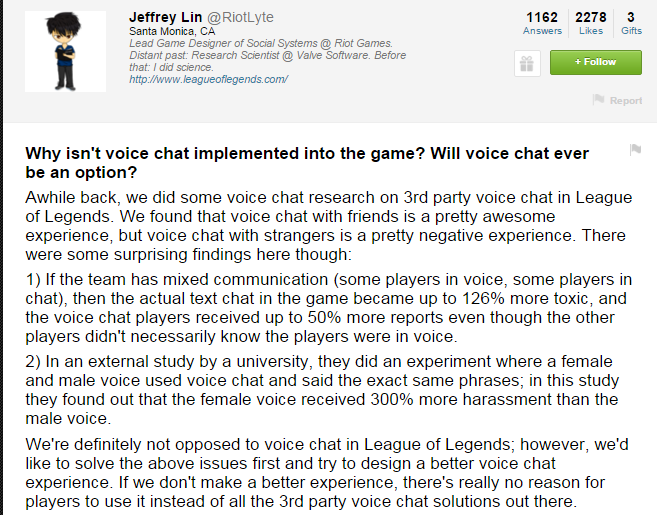
The logic behind Riot’s previous decision to withhold from voice chat still makes sense. Harassment and verbal abuse are already very prevalent issues within the League community. In fact, a couple of years ago, we explained why we agreed with Riot’s stance.
Something that we didn’t consider, however, is the possibility to avoid or even improve on those problems so that voice chat can work properly. We already know that League benefits from third-party voice comms. If you’ve ever queued up in Flex queue with a couple of friends in Discord or even Skype (we won’t judge you for using Skype—okay, maybe a little), you already know this to be true. Usually, however, friends don’t insult one another’s gameplay, families, core competencies, or heritage much like the random folks you come across in solo queue. If your friends do that, maybe it’s time for some new friends.
For voice comms in League to work, we have to be able to defend ourselves against this type of harassment. One solution that Riot is looking into would be pushing out voice comms as an “opt-in” system. This would mean that you would have to turn it on in order to use it, and likewise, you would have a way to turn it off or hopefully mute players when conversation gets particularly offensive.
Riot has agreed that voice communication needs to be present in League’s future, after these hurdles are dealt with. The new League game client is still in its beta stages, but once the client’s release is solidified, we should start to finally see some progress on the voice comms system, according to Riot’s statement on the matter.
Riot first brought up the possibility of including voice comms last year. The company revealed that it no longer wanted to reject voice comms, and that maybe, in the future, it would explore the idea. This is the first time we’ve heard anything from Riot on the topic since then.
While there haven’t been many details revealed yet, Riot seems intent to push forward with the new feature, and to start soon after the official launch of the new client.


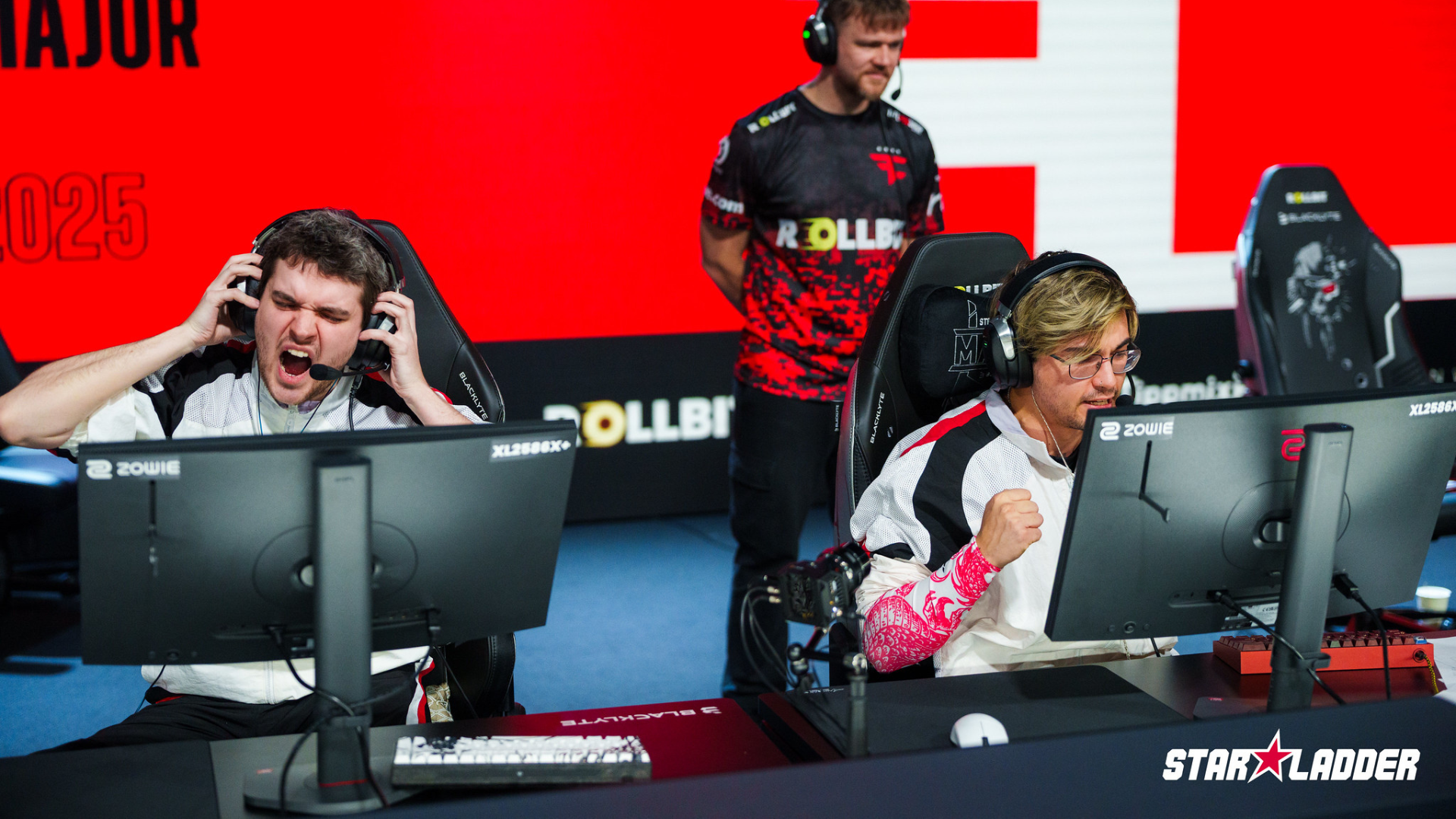
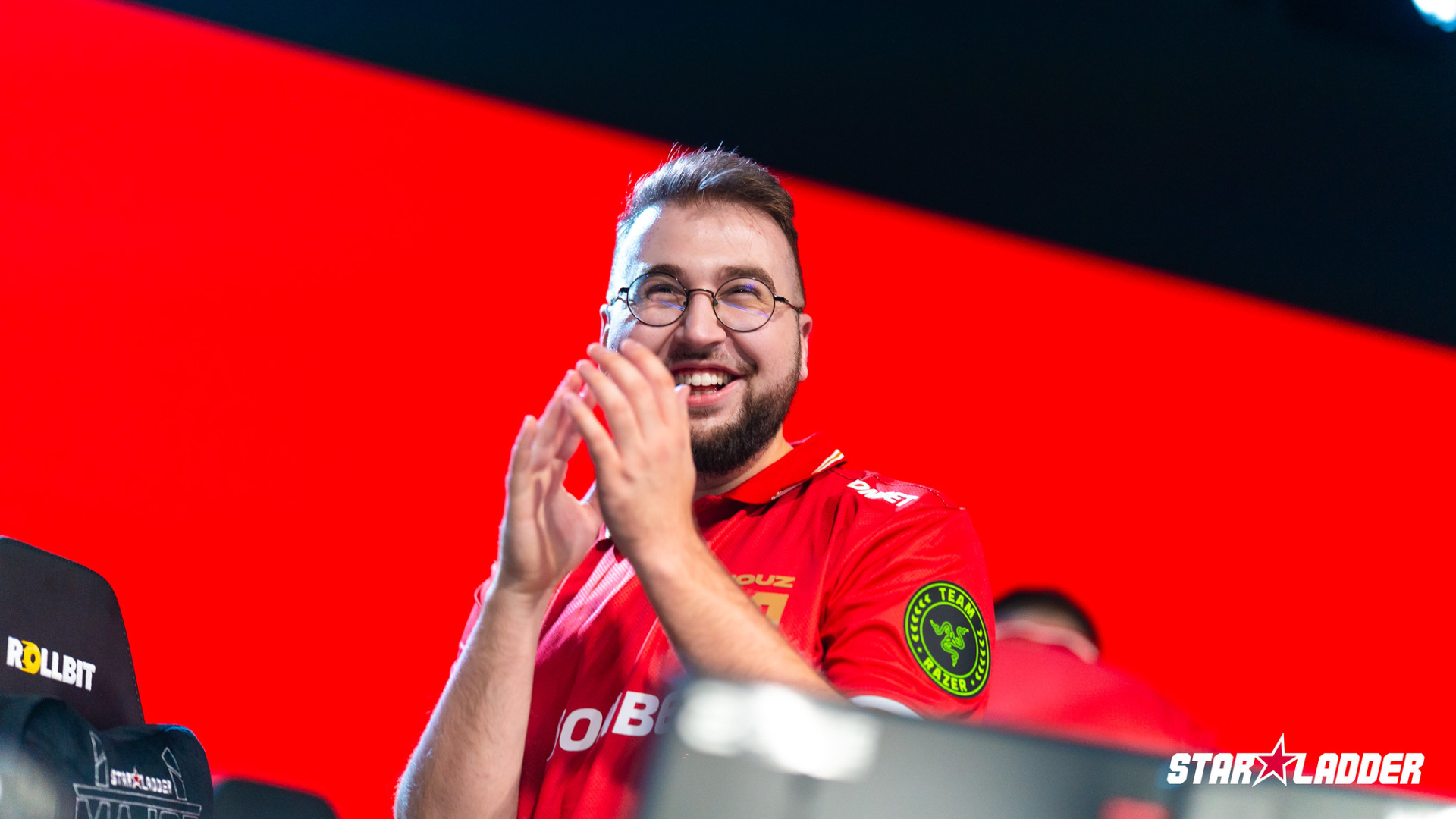
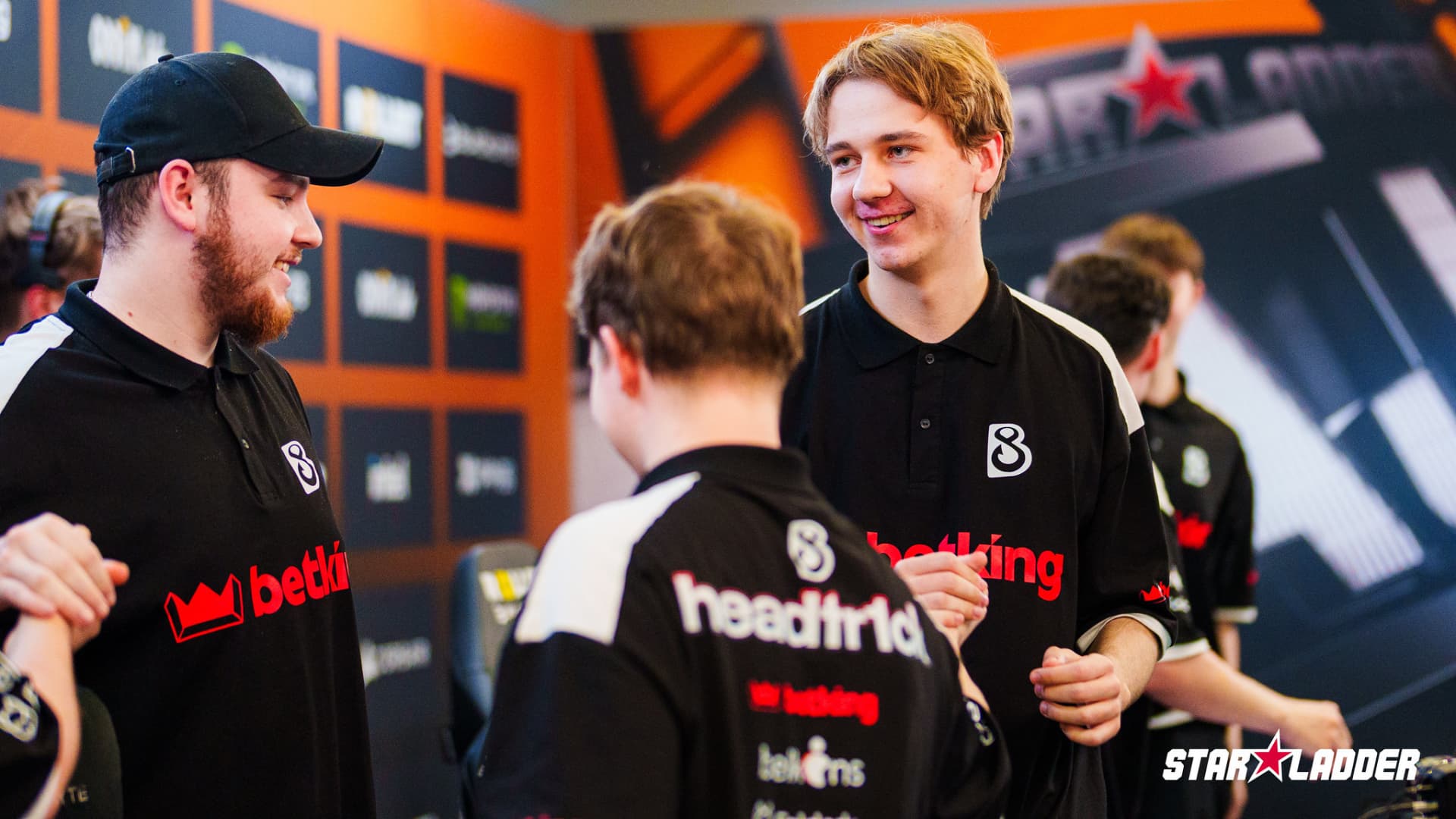



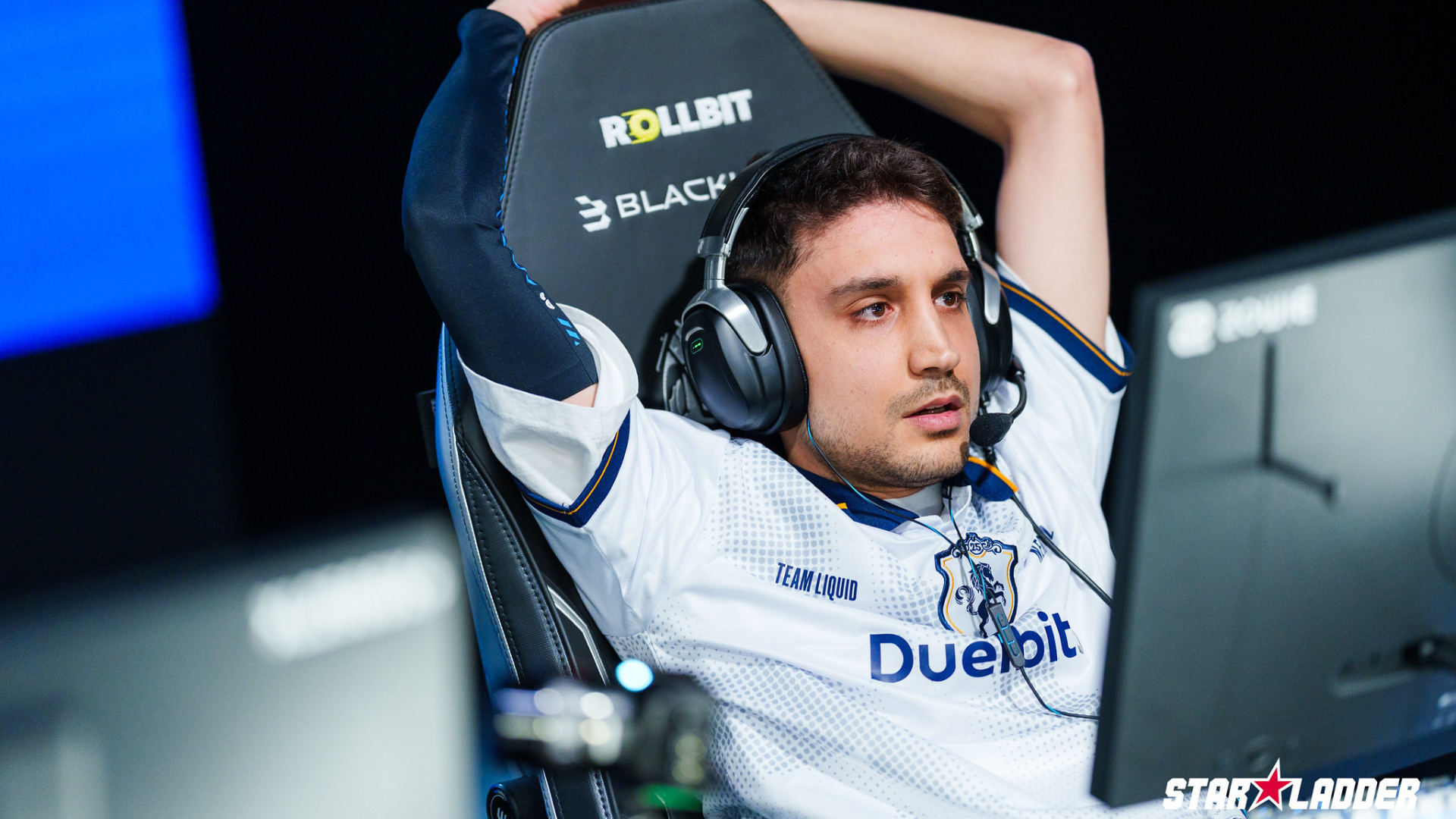
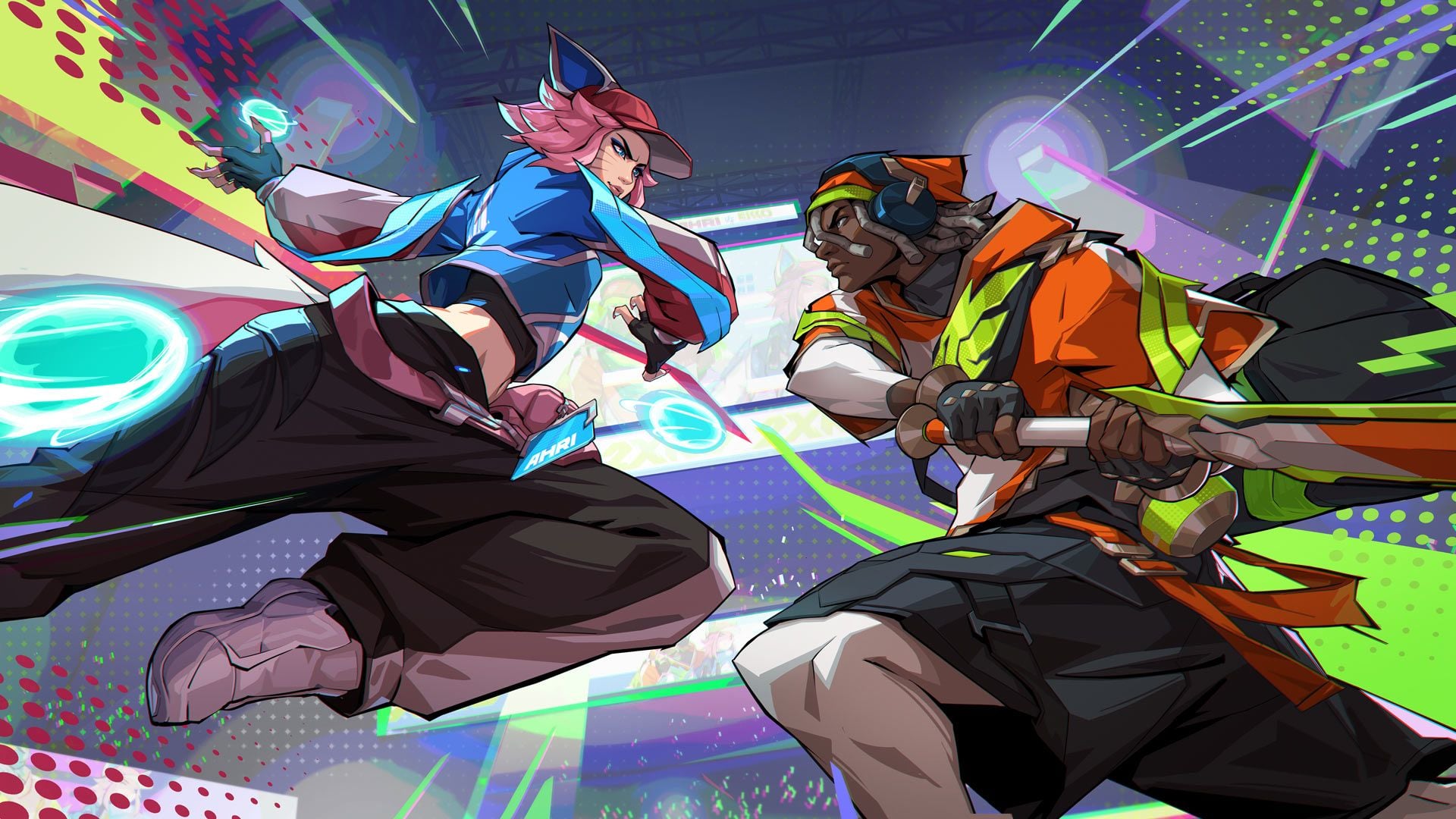
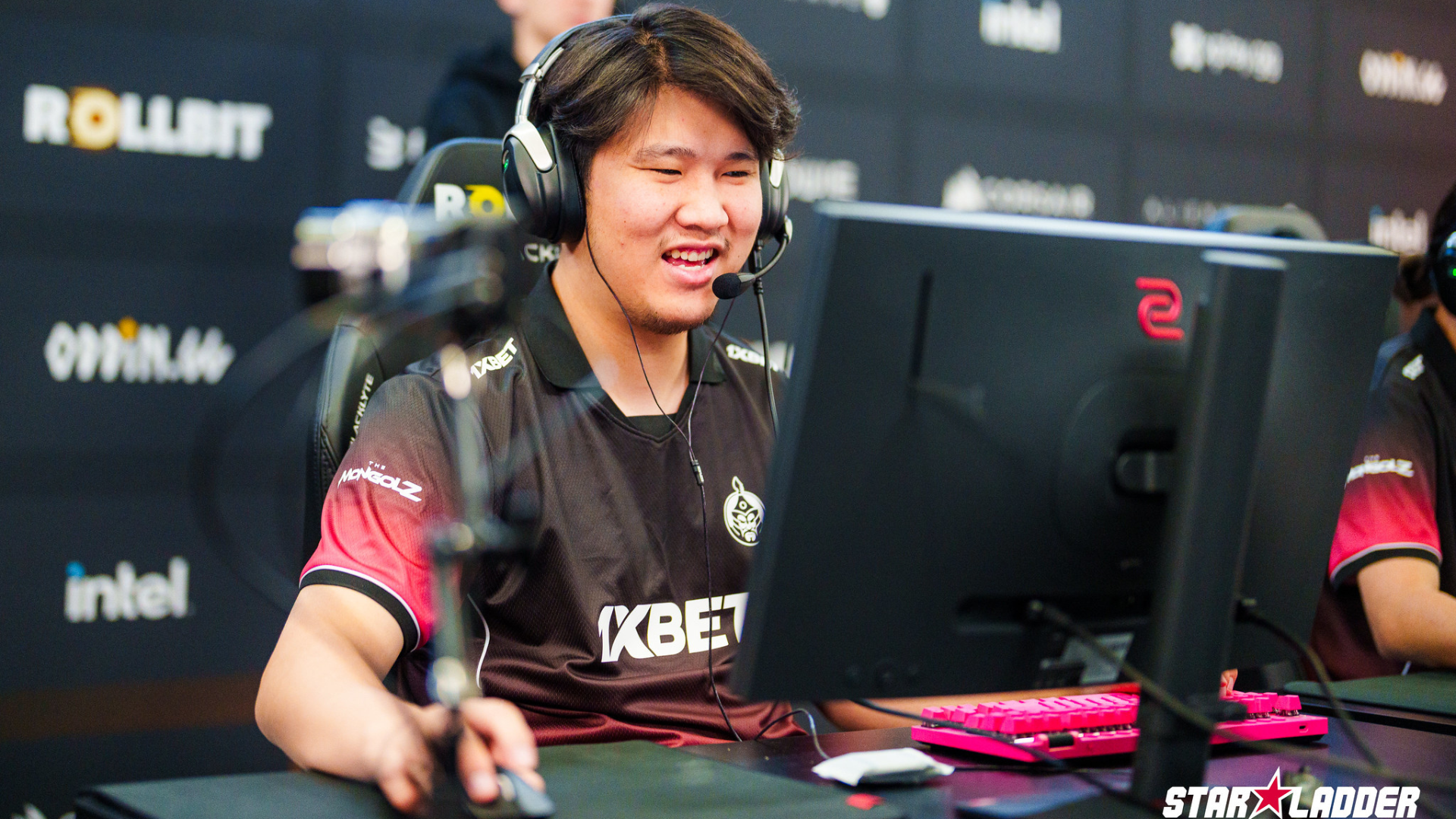
Published: Mar 31, 2017 01:26 pm